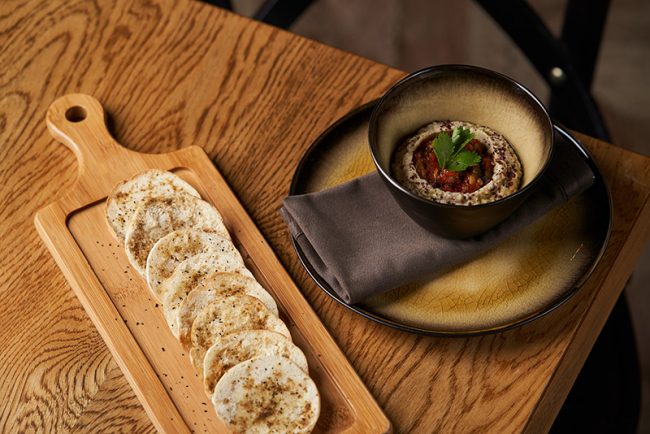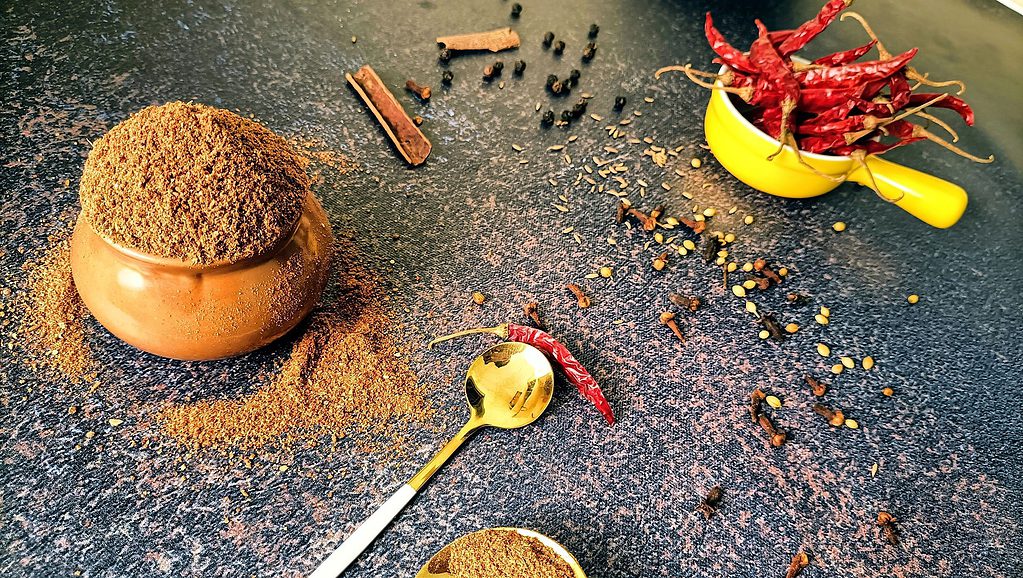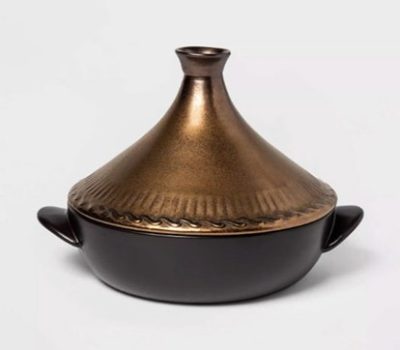How Mediterranean Food And Olive Oil Brings Your Moroccan Cooking To Life
Updated 20th July 2023

Summary
- Moroccan Cuisine is bursting with unique flavours and cooking styles
- Extra Virgin Olive Oil is a key component in a Moroccan larder
- Key spices In Moroccan Cooking include saffron, cinnamon, cumin and coriander
- The Mediterranean Diet and Middle Eastern Flavours both influence Moroccan cuisine
- Morocco Gold has an inspiring recipe section to help you produce delicious Moroccan food
As the Morocco Gold Extra Virgin Olive Oil family know well, Moroccan food is distinctive and delicious, and bursting with Mediterranean flavours. However, it can be intimidating to prepare if you’re unfamiliar with Moroccan cooking techniques. The good news is that there are plenty of simple tricks for bringing the flavors of Morocco into your home kitchen. Start by stocking your pantry with a quality extra virgin olive oil, Moroccan spices like saffron, cinnamon, cumin, coriander and red pepper flakes, preserved lemons, olives and several types of nuts. By having these few key ingredients on hand, you can easily whip up Moroccan dishes like couscous with raisins and almonds or a fragrant tagine-style stew. Moroccan cuisine is full of flavor combinations that burst with complexity but require little effort in the kitchen – so have fun experimenting! If you need some inspiration, our recipe section has a wealth of ideas to tickle your fancy and bring out the flavours of your Moroccan foods.
Moroccan Extra Virgin Olive Oil
Moroccan extra virgin olive oil is gaining popularity amongst health-conscious consumers – worldwide, with Morocco Gold extra virgin olive oil leading the way. This exquisite Moroccan extra virgin olive oil is known for its intense and delicate flavor, texture, and aroma.
The oil is made from the first pressing of olives, which is why it is called “extra virgin.” The oil is richer in nutrients and antioxidants than the other types of olive oil, making it a healthy and nourishing addition to your diet. Moroccan extra-virgin olive oil is traditionally used for cooking, salad dressings, and dipping sauces, but it is also beneficial for hair and skin care. Its densely packed nutrients soothe, nourish, and moisturize skin and hair, leaving it silky-smooth and soft.
Moroccan extra virgin olive oil truly embodies the essence of a healthy lifestyle.
Mediterranean Diet Influence In Moroccan Cuisine

If you’re looking for ways to introduce new flavours to your cooking, you could benefit from looking to Morocco for some culinary inspiration.Moroccan cooking is full of flavor and variety, and simpler than one might think.
The North African country is known for its blend of Middle Eastern and Mediterranean flavours, and there are plenty of dishes that you can try from this part of the world.
A good place to start is with one-pot stews or tagines— seasoned with saffron, ginger or cumin — that cook slowly over low heat for aromatic dishes that are deeply flavorful and comforting. If a tagine seems too daunting at the outset try a Moroccan soup — harira is an age-old Moroccan favorite – or half a dozen variations on couscous topped with slivered almonds, raisins and sautéed veggies. Moroccan food can be vegetarian (think warm roasted pumpkin salad) or vegan (veggies stuffed with spiced grains or legumes), quickly pan-fried or marinated overnight before gently braising in aromatics—so don’t be intimidated by the almost overwhelming array of Moroccan dishes.
Of course, to whip up a storm in the kitchen you need to have the right ingredients in your cupboards, including things like Morocco Gold Extra Virgin olive oil. This can be the perfect finishing touch to many dishes, as well as a great oil for adding flavour to the food you’re cooking.
One dish where flavoursome olive oil is important is baba ganoush. This is an aubergine dish that’s best served with fresh flat bread. Moroccan chef Amina Zarkat shared her recipe for this classic Middle Eastern dish with Denver Post recently.
Her recipe is simple and produces a delicious baba ganoush. Start with one pound of aubergines (whole). Prick them in several places to prevent them from bursting when you roast them. Pop them in the oven and roast them for between 20 and 35 minutes at around 200 degrees C.
Once they’re soft and beginning to collapse, remove them from the oven and pop them in a bowl until they’re cool enough to handle. Make sure you cover the bowl as they cool. Remove the flesh and discard the thick skin and firm seed sacks.
Mash the flesh into a thick paste, and then mix in three crushed and minced cloves of garlic, half a cup of lemon juice, half a cup of olive oil, one teaspoon of sea salt and half a teaspoon of black pepper. Leave it to sit and integrate for at least an hour.
If your baba ganoush goes well, then you may want to try another Moroccan dish. Stuff.co.nz shared a recipe for a Moroccan chickpea bowl with bulgar wheat. The bulgar is mixed with grated courgette, as well as lemon juice and zest.
The chickpeas are cooked on a hob with half a red onion, a teaspoon of minced ginger, a crushed clove of garlic, half a teaspoon each of turmeric, garam masala and dried coriander, as well as a quarter of a teaspoon of cinnamon and 400g of chopped tomatoes as well as two tablespoons of tomato paste.
Start by cooking the onion in oil on a medium to high heat for a couple of minutes, before adding the spices, ginger and garlic. Then add the chickpeas, tomatoes and tomato paste and reduce the heat to a simmer, covering the pan and leaving it to cook for ten to 12 minutes until the sauce thickens.
As well as good quality olive oil, you may also want to stock up on some of the spices that are commonly found in Moroccan cooking. According to Yahoo! they include turmeric, cinnamon, ginger, saffron and paprika.
There’s also a popular spice mix in Morocco known as Ras el Hanout, which contains more than a dozen ingredients, typically cumin, cardamom, cloves, cinnamon, nutmeg, mace, allspice, dry ginger, chilli peppers, coriander seed, peppercorn, paprika, fenugreek and turmeric.
Celebrity Chrissy Teagan Discovers The Wonders Of Moroccan Cooking

It is great to see that Morocco Gold Extra Virgin Olive Oil is not the only ones who have discovered the wonders of this amazing country and are bringing them to a wider audience.
Supermodel, best selling author and TV personality Chrissy Teigen is well known to Morocco having visited with husband, singer John Legend, in 2015 and again in 2017. In 2016, she published ‘Cravings : Recipes For All The Food You Want To Eat’ which became a New York Times best-seller. This was followed in 2018 by ‘Cravings : Hungry For More’ which coincided with the launch of her collection of cooking and serve-ware called (you guessed it!) – Cravings.
A real force to be reckoned with in the kitchen she has admitted to being obsessed with Moroccan dishes. A recent addition to her Cravings collection is her stylish tagine, based on the traditional Moroccan cooking dish.

The tagine’s conical shape makes a uniquely moist, hot cooking environment for the dish being cooked. The base is wide and shallow, and the tall lid fits snugly inside. As the food cooks, steam rises into the cone, condenses, and then trickles down the sides back into the dish.
Teigen said “My new tagine is here!! This is just like a Dutch oven, so you can made stews or chili.” She said that her tagines remind her of her trips to Morocco. “They remind me of my trips to Morocco and look pretty cool in the kitchen.”
